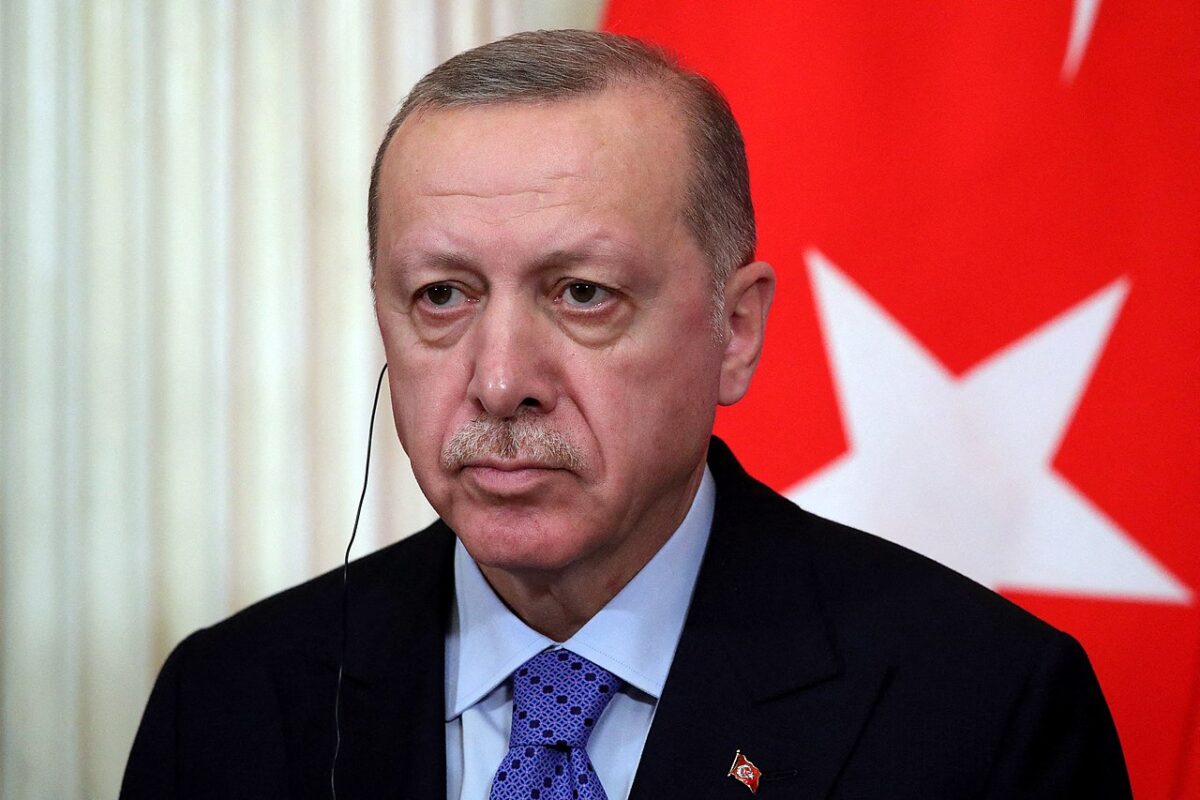Until Turkish President Recep Tayyip Erdogan opened his big mouth recently, his Islamist government seemed headed toward some sort of a rapprochement with Israel after years of acrimony.
But with the outbreak of the fourth Gaza border war on May 10, Turkey’s attempts to mend its frayed bilateral ties with Israel have crashed and burned.
From the moment Israel launched its punishing air campaign in the Gaza Strip in response to indiscriminate rocket barrages by Hamas aimed at Israeli towns and cities, Erdogan — a vocal champion of the Palestinian cause — tore into Israel stridently. He deployed harsh anti-Israel rhetoric to mobilize core supporters in his Justice and Development Party and to win points in the Muslim world.
Condemning Israel as a “terrorist state,” and cursing Austria for having demonstrably supported Israel by hoisting Israeli flags on government buildings in Vienna, Erdogan branded Israelis as “murderers” who kill children and old people. “They only are satisfied by sucking their blood,” he said in a vicious comment that smacked of classical antisemitism. “It is in their nature.”
Not once did Erdogan issue a condemnation of Hamas’ rocket attacks, which have killed 10 Israelis, two Thai farms workers and caused widespread property damage.
Not content with lambasting Israel, Erdogan lashed out at U.S. President Joe Biden for his diplomatic support of Israel, claiming he had blood on his hands. The U.S. State Department shot back, denouncing Erdogan’s “incendiary remarks” as antisemitic.
As the war intensified, Erdogan underscored his sympathy for the Palestinians by placing telephone calls to Hamas leader Ismail Haniyeh, whose Islamic fundamentalist movement he endorses, and to Haniyeh’s arch rival, Palestinian Authority President Mahmoud Abbas.
Erdogan’s communication director, Fahrettin Altun, stepped into the fray, saying that Turkey “will not allow Palestine to be occupied step by step.”
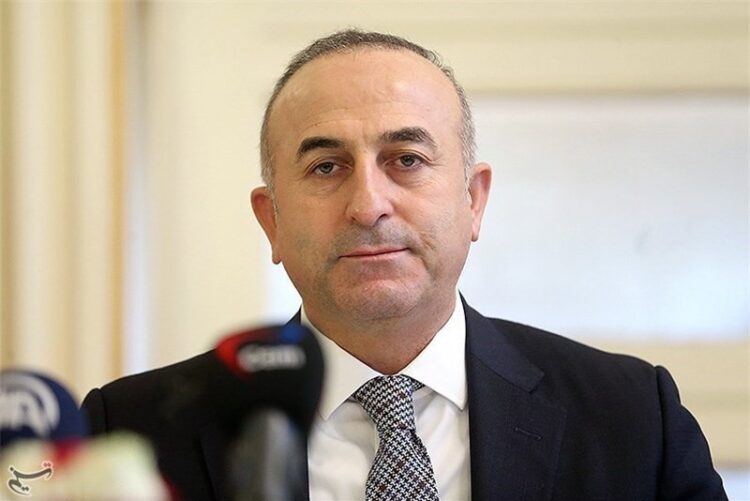
Turkey’s foreign minister, Mevlut Cavusoglu, was on the phone, too, telling his counterparts in Iran, Morocco, Algeria, Tunisia, Pakistan and Russia that Israel has been forging ahead with a policy of ethnic cleansing with respect to the Palestinians.
In keeping with Turkey’s current animus toward Israel, Cavusoglu abruptly cancelled Israeli Energy Minister Yuval Steinitz’s invitation to attend a conference in Istanbul on naturals gas deposits in the Mediterranean Sea.
Steinitz had said that Israel would be open to cooperating with Turkey on this economically important issue, which has agitated Erdogan since Israel, Greece and Cyprus signed the 2020 EastMed agreement, a project to ship natural gas from the Mediterranean to Europe.
Turkey began making friendly overtures to Israel, a former ally, late last year when the director of its intelligence agency, Hakan Fidan, held secret talks with Israeli officials on improving bilateral ties.
Turkey, the sole Muslim member of the NATO alliance, believed that such contacts could be useful in repairing its relations with the United States, which have been on a downward spiral since Erdogan purchased the S-400 missile defence system from Russia in 2017.
Last December, Erdogan expressed an interest in bringing Turkey’s relations with Israel to “a better point,” but warned that Israel’s “merciless” policies toward the Palestinians are unacceptable to him.
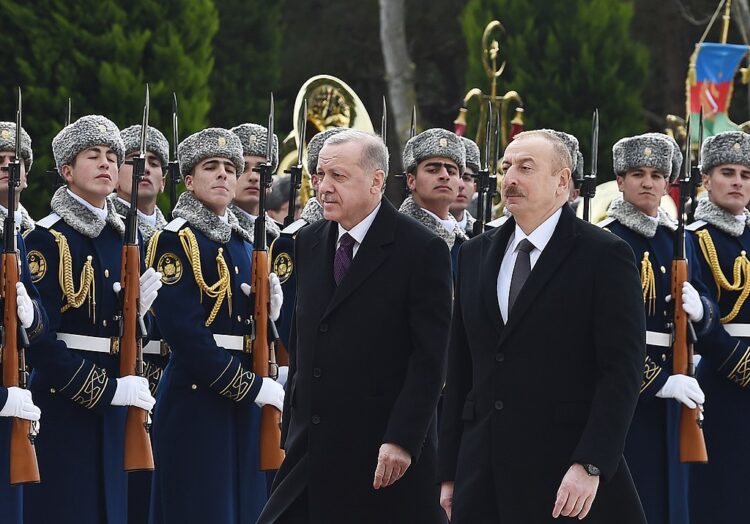
The president of Azerbaijan, Ilham Aliyev, tried to reconcile Israel with Turkey, both of which backed him during Azerbaijan’s recent war with Armenia.
Nearly 60 percent of the weaponry and high-tech systems Azerbaijan used in that brief war, from long-range ballistic missiles to command-and-control equipment, was supplied by Israel, prompting the Armenian government to recall its ambassador in Tel Aviv.
Around this time, Turkey let it be known that Ufuk Ulutas had been selected as its new ambassador to Israel. Ulutas, 41, has no diplomatic experience, but is chairman of the Center for Strategic Research at the Foreign Ministry. An academic who studied Middle Eastern politics and Hebrew at the Hebrew University in Jerusalem, he is said to be very pro-Palestinian.
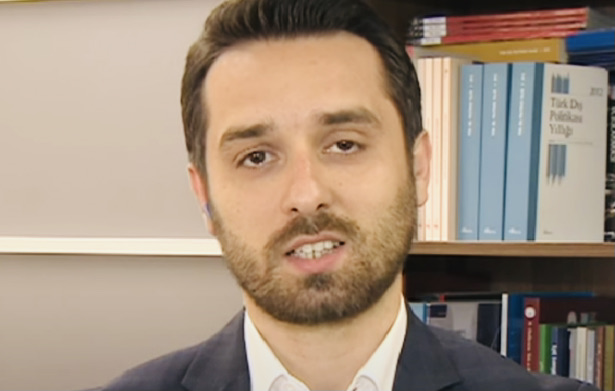
There has been no Turkish ambassador in Israel since 2018, when Turkey recalled its envoy in Tel Aviv and ordered the Israeli ambassador in Ankara to leave over Israel’s tough response to often violent Palestinian protests on the Israel-Gaza border.
Three months ago, in a positive sign of Israel’s interest in rehabilitating its bruised relations with Turkey, Israeli Foreign Minister Gabi Ashkenazi assigned a seasoned diplomat, Irit Lillian, to the position of charge d’affaires at the Israeli embassy in Ankara. She replaced Roey Gilad, who left his post at the end of 2020.
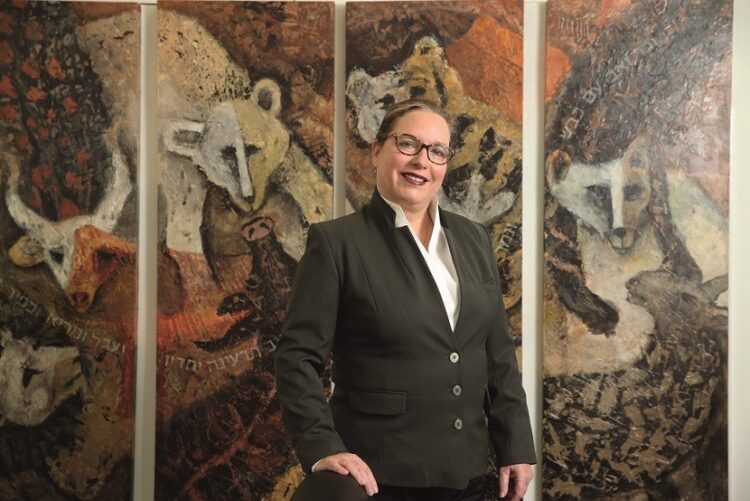
Israel has yet to appoint a new ambassador to Turkey, whose relations with Israel have been, in a word, mercurial.
Turkey voted against the 1947 United Nations Palestine partition plan, but in 1949 it became the first Muslim country to recognize Israel. Their relations ebbed and flowed, but in the wake of the 1993 Oslo peace process, they improved dramatically, entering an unprecedented golden era that lasted until Israel’s first war with Hamas in 2008.
From that point onward, Erdogan rarely lost an opportunity to chastise Israel. At the Davos forum in 2009, he shocked the audience with a crude political performance. “When it comes to killing, you know well how to kill,” he told Israeli President Shimon Peres, who was sitting next to him on a stage.
The following year, Israeli naval commandos stormed the Mavi Marmara — a Turkish vessel in a flotilla of ships trying to break Israel’s siege of Gaz –, and killed 10 Turks on board. In a rage, Erdogan expelled the Israeli ambassador and downgraded Turkey’s relations with Israel.
This crisis, however, had no detrimental effect on Israel’s booming trade with Turkey.
Israel and Turkey resumed normal diplomatic relations in 2016 after the Israeli government agreed to pay compensation to the families of Turks who had lost their lives on the Mavi Marmara. Yet tensions continued to simmer over a wide range of issues.
Last February, when Kosovo decided to open an embassy in Jerusalem after establishing formal relations with Israel, Erdogan warned Kosovo’s prime minister to reconsider his position.
This past March, Turkey blasted an agreement Israel reached with Cyprus and Greece to build a 2,000-megawatt undersea electricity cable in the Mediterranean Sea, claiming it transgressed Turkish territorial waters.
Last month, Cavusoglu warned Israel that “healthy progress” in their relations could be hampered by Israeli decisions to change the status quo in East Jerusalem and the Temple Mount compound.
Israel, in turn, demanded the expulsion of Hamas operatives in Turkey and an end to anti-Israel rhetoric from Turkish leaders.
Given the red-hot passions released by the latest war in Gaza, it’s doubtful whether Israel and Turkey can settle their differences and reach an understanding to improve mutual relations.
As long as the Palestinian questions burns brightly, and as long as Erdogan and his associates remain in power, Israel and Turkey will continue to be at loggerheads.
